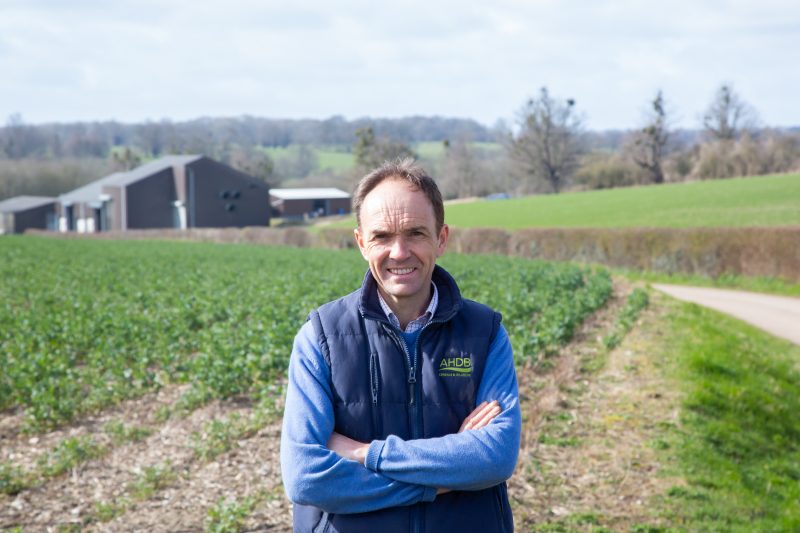
A robust crop of winter wheat has been grown using minimal fungicide inputs, relying on a sophisticated programme of targeted nutrition whilst boosting soil health.
The on-farm trial, conducted by cereals grower Rob Waterston, aims to support the claim that prevention is better than the cure when it comes to long-term disease management.
Mr Waterston, who farms near Newbury in Wiltshire, was encouraged to participate in the trial by his agronomist Ben Harrington.
They were both guided by their belief that a healthy and robust crop is best able to withstand disease and reduce reliance on inputs.
The strategy comprised microbial and nutritional products. Mr Waterston started using microbial inoculants to improve soil health and take advantage of the symbiotic relationship between the soil and the plant.
A targeted nutritional programme was then used to keep the crop health up, and straw strength was maintained using a combination of silicon, potassium and copper.
They made routine sap and tissue analyses throughout the season, as well as regular visual assessments to ensure the crop received the right nutrients when required.
While their original aim was to omit fungicides entirely, yellow rust proved a challenge throughout the season.
Although the pair were able to suppress it for a while they were left with no choice but to step in with a fungicide at the flag leaf emergence stage, knowing how aggressive the disease can become. A herbicide was also used following some black-grass pressure.
With harvest just around the corner, Mr Waterston said he was keen to see whether their efforts would translate into decent yields.
Having recently joined the AHDB Monitor Farm programme, he will use his meetings with fellow growers this winter to discuss the results.
If successful, he will have made significant progress in his mission to change his farm management and open the door to how he can adopt more sustainable farming methods.
